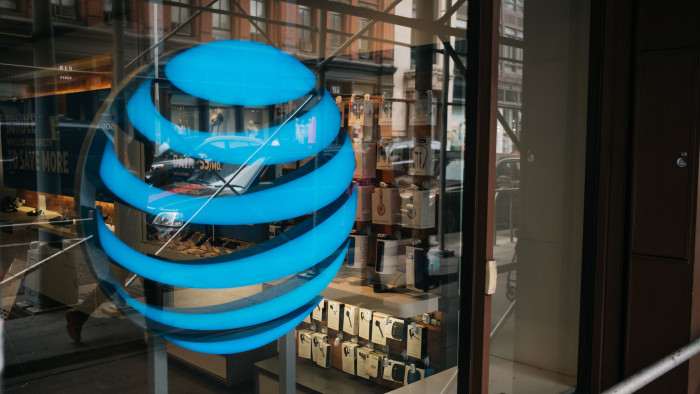US court backs AT&T’s acquisition of Time Warner

Roula Khalaf, Editor of the FT, selects her favourite stories in this weekly newsletter.
AT&T has emerged victorious in its battle against the Trump administration’s effort to block its $80bn takeover of Time Warner after a US federal appeals court upheld a ruling that the merger would not allow the companies to unfairly raise prices on customers.
The three-judge panel backed a lower-court ruling that the rise of online streaming rivals like Netflix and Hulu has reordered the media industry, creating a new breed of competitors that would prevent the combined companies from becoming dominant in their markets.
The justice department said it would not ask the US Supreme Court to review the decision, and a senior AT&T executive said they would now proceed with combining the companies, marking the end of a two-year battle to complete the takeover.
The 35-page opinion issued on Tuesday also credited the companies’ commitment to avoid content blackouts in negotiations with rival distributors and called the challenges to the lower court “unpersuasive”.
The ruling clears the way for the two companies to begin integrating Time Warner’s content business, which includes CNN and HBO, with AT&T’s distribution network, which includes satellite provider DirecTV. AT&T had agreed last year to hold back from integrating Time Warner fully until the conclusion of the DoJ’s appeal, or February 28, whichever came first.
“We are grateful that the court of appeals considered our objections to the district court opinion. The department has no plans to seek further review,” said Jeremy Edwards, a justice department spokesperson.
The justice department had argued that Richard Leon, the lower court judge who ruled against the administration’s attempt to block the deal, had made errors in his economic analysis of how the merger would effect competition in the media sector.
The government’s complaints about Judge Leon’s treatment of its economic theories were “largely irrelevant,” at least for now, as a result of AT&T’s seven-year pledge to ensure that rival distributors are not blocked from accessing Time Warner content during contract disputes.
The ruling on Tuesday was a blow to Makan Delrahim, the DoJ antitrust chief, whose dramatic and controversial attempt to block the deal in late 2017 soon after taking office has so far been the defining decision of his tenure. The deal is the only merger he has taken to court.
AT&T has painted Mr Delrahim’s effort to stop the merger as improperly motivated by Donald Trump’s comments on the campaign trail, when the president vowed to halt the transaction. Mr Delrahim has consistently denied the suggestion.
William Barr, who was recently confirmed as US attorney-general, was a board member at Time Warner before the merger, and agreed to recuse himself from the case during his Senate confirmation hearings last month.
AT&T shares closed slightly higher on Tuesday; the market had expected the justice department’s appeal to fail after a hearing in December where the three circuit court judges, Judith Rogers, Robert Wilkins and David Sentelle, appeared sceptical of the government’s arguments.
The opinion, written by Judge Rogers, said that Judge Leon had made “some problematic statements”, in his ruling but generally found that none of the lower court’s analysis rose to the level of a clear error.
The decision is a victory for Randall Stephenson, the chief executive of AT&T, who has been arguing for years about the importance of diversifying the telecoms company’s business in an attempt to better compete with tech giants such as Google and Netflix.
During the trial last year, AT&T pointed to the “cable cutting” trend of consumers ending their traditional subscriptions with giant distributors of film and television content in favour of streaming services like Netflix.
Time Warner, which has been re-christened WarnerMedia, was a significant prize for AT&T, as its networks, including HBO, TBS and TNT, remain among the most-watched cable networks in the US.
AT&T plans to take Warner’s blockbuster content and bundle it within its own streaming service, which it hopes to launch later this year.
Comments